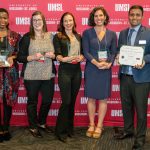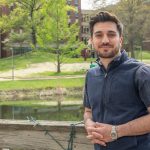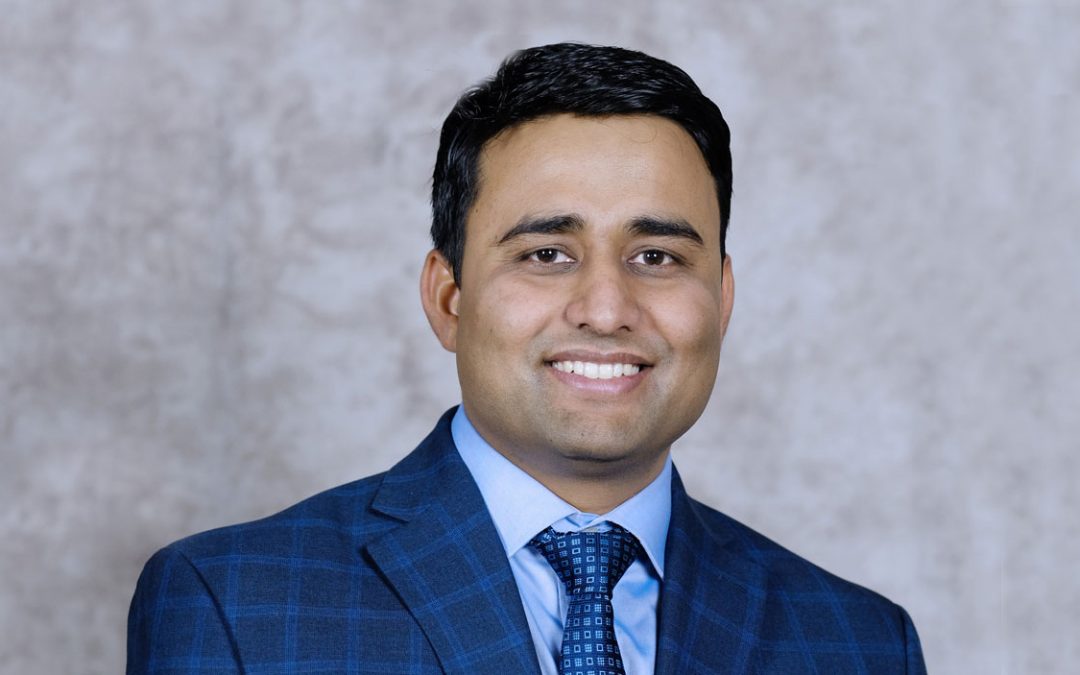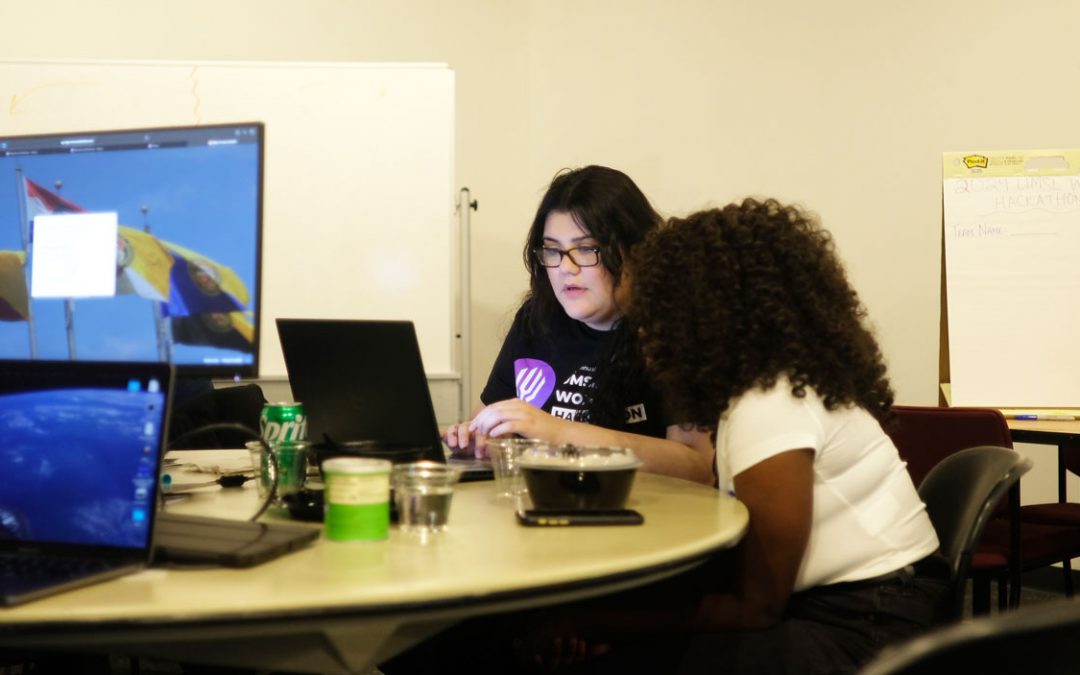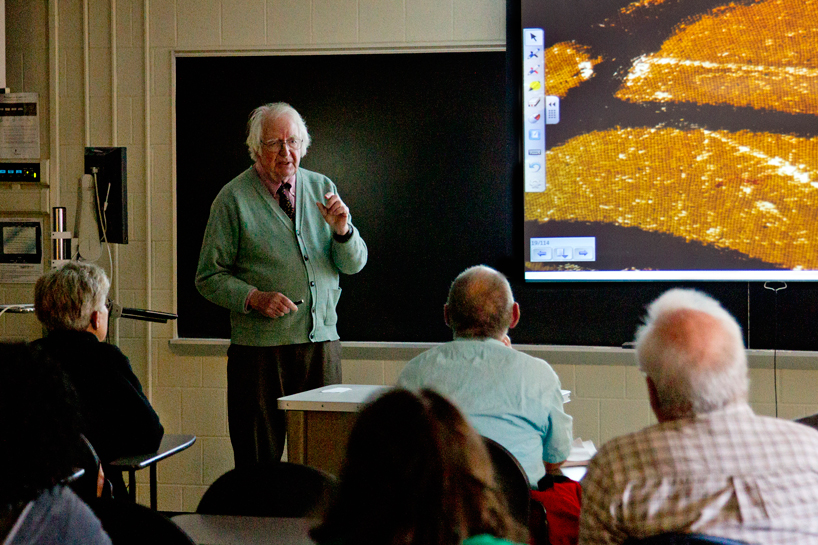
Famed ecologist Lincoln Brower talks about the plight of monarch butterflies to a group gathered at Benton Hall on UMSL’s North Campus. (Photo by August Jennewein)
Every year monarch butterflies embark on a Herculean trek that takes them from Canada and the U.S. to a mountainous region in central Mexico for the winter. Five months later they double back.
Lincoln Brower, an expert on monarchs, called their remarkable journey “the most complex insect migration in the world,” in an interview with St. Louis Public Radio | 90.7 KWMU science reporter Véronique LaCapra.
“In the fall, as the days get cooler, and the days get shorter, it turns on the migratory instinct of the monarch. And instead of breeding, which they do over the spring and summer, they go into their migratory mode. And they know to go to this pin-point on a map in Mexico,” Brower told St. Louis Public Radio.
Brower was in St. Louis to give this year’s Jane and Whitney Harris Lecture, co-sponsored by the Whitney R. Harris World Ecology Center at the University of Missouri–St. Louis. He was also awarded the Harris Center Conservation Action Prize for his efforts to protect the monarch’s wintering grounds in Mexico and the species as a whole.
Prior to his lecture, he also spoke at UMSL and met with a handful of students pursuing doctorates in biology.
Brower has been studying monarch butterflies for nearly 60 years.
In his interview with St. Louis Public Radio he lamented recent monarch population declines and loss of habitat. He blamed illegal logging of the monarch’s Mexican habitat and weed-killing chemicals that destroy milkweed plants, which monarchs lay their eggs on and their caterpillar larvae use for food.
Brower is a professor of biology at Sweet Briar College in Virginia.
Visit the St. Louis Public Radio website to hear LaCapra’s Q&A with Brower, read her entire story and view some of Brower’s extraordinary butterfly photos.




